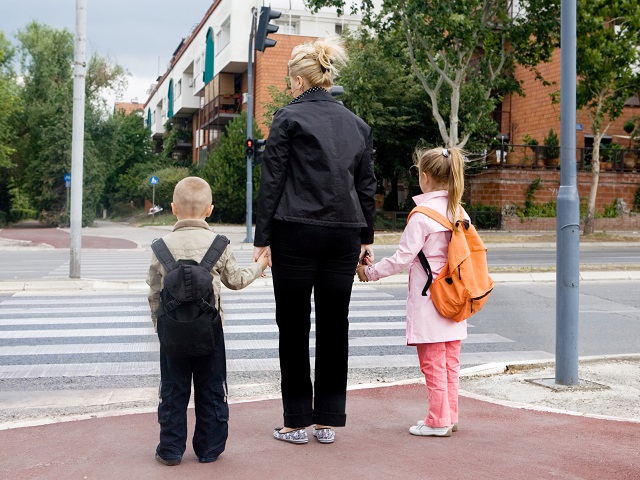How Alzheimer’s and Dementia Impact the Family
This blog post will focus on the burden of the caregiver and how the looming symptoms of dementia will eventually effect the family. We continue our transcription of The Sound of Ideas talk show and get a chance to hear from someone in the early stages of Alzheimer’s disease. We encourage people to stay healthy and active while sharing this great information about cognitive impairments. Make sure to be taking your MemTrax test daily, weekly, or monthly to watch for changes in your scores. MemTrax measures the type of memory most commonly associated with Alzheimer’s disease, try a free memory test today!
Mike McIntyre :
I wonder if we can address another point that Joan brought us to and that is, her concern is for her husband. It is the person that has to give them care knowing that her progressive disease, knowing where she is now at some point, that care is going to be much more burdensome and I just wonder about that in your experience and dealing with people and their families, the amount of difficulty of care and really the impact it has on those who don’t have Alzheimer’s.

Nancy Udelson :
It is very interesting because Cheryl and I were just talking about this earlier. Men caregivers tend to get a lot more assistance from neighbors and other family members than women do. I think that is because women traditionally are caregivers so it is amazing, we know so many men that we work with at the Alzheimer’s Association that have learned how to become caregivers, it rocks their world because their wife took care of them and did everything. Women are more likely not only to have Alzheimer’s disease but also to be caregivers but for men this is a whole new territory for most of them. What happens for caregivers in general, especially for young onset it is how this effects them at work, so you heard Joan say she was terminated.
Mike McIntyre
In some pretty prime earning years too.
Nancy Udelson :
Absolutely, and some one can be in their 40’s or 50’s they could have their children at home, maybe they are paying for college. Caregivers tend to take less vacation when they do take vacation time it is to help some one and be a caregiver. They turn down promotions, many of them have to leave their job all together and so they have other financial difficulties. It is more devastating in many ways to deal with young onset Alzheimer’s disease than the more traditional AD.
Mike McIntyre :
Joan, let me ask you in your case, knowing that it is progressive and knowing that you are concerned about your husband and those that have to care for you . What do you do about that? Is there a way to plan to hope to make that a little bit easier on them?
Caller – Joan :
Of course the Alzheimer’s Association has support groups, my husband does a lot on the Alzheimer’s Association website. There is a lot of information there that tells him what stages I am going through and how to deal with me just to make it more easy for him. He does get teary eyed, I see him sometimes looking at me and his eyes just tear and I often wonder what is he thinking and I ask him and he says, “nothing.” I know he is thinking about what is going to happen down the road because he saw it happen to my mom but fortunately there is more information and education available for him than my father took advantage of. I am very very grateful for that.
Mike McIntyre
He is giving you the guy response. “Nothing, I am fine.”
Caller – Joan
Yeah that’s right.
Listen to the full program by clicking HERE.
